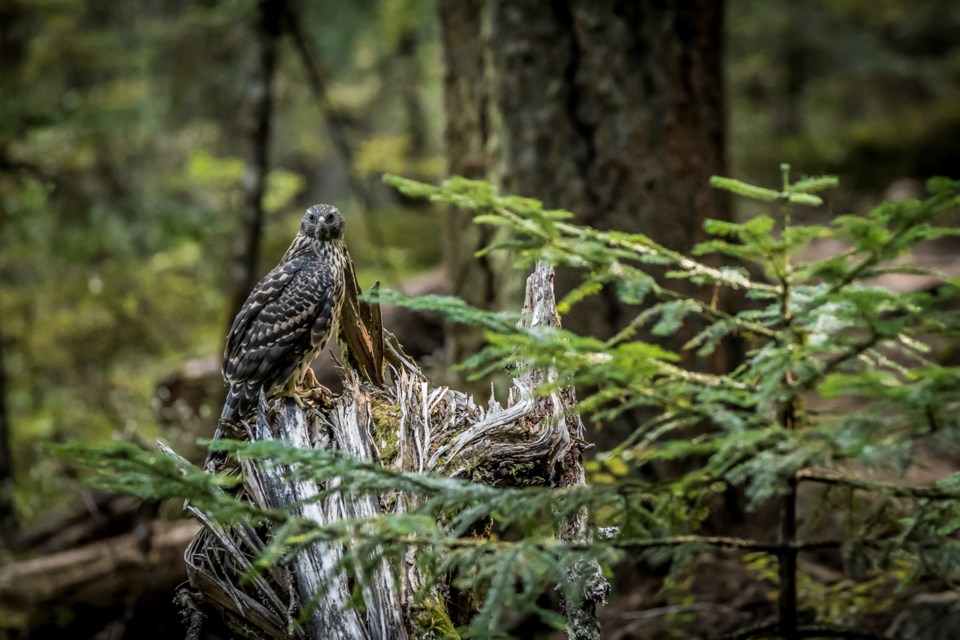A new policy at Whistler’s municipal hall aims to reduce unnecessary suffering of animals by banning certain rodenticides on municipal properties.
The policy, adopted by Whistler’s mayor and council on Oct. 4, applies to first- generation anticoagulant rodenticides such as warfarin, as well as second-generation rodenticides, going farther than the current temporary provincial ban that the Ministry of Environment enacted in July 2021.
According to environmental stewardship manager Heather Beresford, first-generation rodenticides are slow- acting anticoagulants that animals can build up a resistance to, and additional doses are not very effective.
“In recent years, second-generation rodenticides have started to be more effective,” she said in a presentation to council. “They take one dose, and they kill the animal more efficiently, but at the same time, often they get out into the wild, and other animals will eat them and then suffer poisoning from them as well.”
With the new policy, the Resort Municipality of Whistler (RMOW) seeks to reduce or eliminate unnecessary suffering of targeted wildlife, reduce the mortality from secondary animal poisonings, and eliminate the use of rodenticides on all municipal properties in tandem, as well as create a framework for integrated pest management that does not use rodenticides.
“There’s been growing interest, research and concern with the use of anticoagulants in pest management for many years, and we know that it causes unnecessary suffering of wildlife,” Beresford said.
The use of rodenticides—and their impact on other animals—has also been getting more attention of late. Earlier this year, multiple birds of prey were found dead near Pemberton, with the cause of death believed to be rodenticides.
The RMOW’s policy works with the current pesticide use bylaw, adopted in 2008. The municipality currently spends approximately $20,000 annually on pest control, and no changes to the annual budget are anticipated with the new policy.
Erin Ryan, a wild animal welfare specialist with the BC SPCA, welcomed the new policy.
“I think this is a very exciting step for the municipality of Whistler. They’ve really gone above and beyond just acknowledging that long-term [rodenticide] baiting isn’t effective or humane, and it’s really encouraging to see them adopt this kind of policy,” Ryan said.
“The reason so many municipalities decided to make these motions was that concerned community members were finding poisoned wildlife in their backyards and public places, including our hawks, eagles, and other types of raptors.”
Whistler joins 22 other municipalities that have adopted rodenticide bans on municipal properties, including Victoria, West Vancouver, Salmon Arm, Coquitlam, Saanich, and Richmond.
While the new policy only applies to municipal properties, the RMOW will encourage private dwellings to consider alternative measures for pest management and will be rolling out more information in 2023.
Whistler Mayor Jack Crompton was happy to see the new pest control policy. “It’s important that we keep our programs up to date with the latest information we have,” he said. “This is one way to ensure that we’re doing the work as well as we can.”




